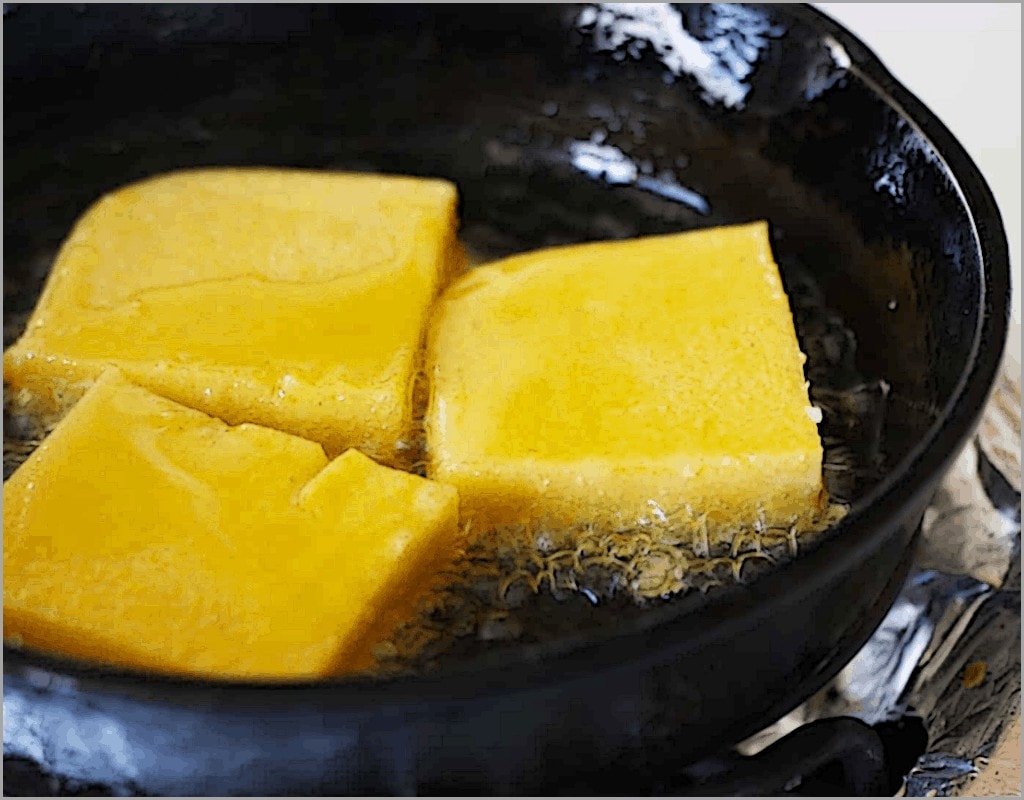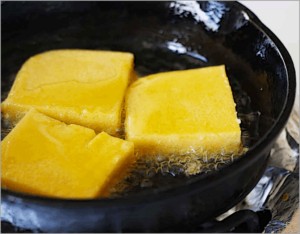I’m in the third week of a new diet. “Eating to Live” as outlined in Dr. Joel Fuhman’s bestseller “Eat to Live.” Dieting is always hard as it requires a change in personal habits, but this one seems to be going well.
One of my worst habits, with regard to eating, is “cleaning my plate.” I feel compelled to finish every last scrap of eatable food on my plate. Worse, I also feel compelled to finish everything on my kid’s plates. It’s a real sickness. This behavior got me thinking about its cause. Why do I feel so compelled, and why don’t others feel the same way?
As far as I can tell, it goes back to my childhood. I vividly remember many adults, parents, relatives, and parents of friends, reminding me and other children to clean their plates. My parent’s generation did not consider food trivial and did not take a full stomach for granted. It seemed that getting enough to eat was a real consideration, at least for my grandparents and great grandparents. You ate everything in front of you because life was a little more uncertain and you didn’t know when you might eat again. You had to store calories. This was especially true on the Italian immigrant side of my family where wasting food was literally regarded as a sin – gluttony.
You would often hear at family gatherings, “Take what you want, but eat what you take.” Always err on the side of taking too little because you were expected to eat everything, even if you didn’t like it. But very often, “my eyes were bigger than my stomach” which led to sitting at the table, sometimes long after the adults had vacated, to finish what I had taken. This may sound a little politically incorrect today with childhood obesity running in the neighborhood of 20%, but many of my elder relatives felt that a healthy respect for food was a necessary quality for survival.
I also remember a story my grandfather told me regarding school lunch. In elementary school, he always brought food from home to eat at lunch. A typical lunch was a couple of small pieces of fried polenta (yellow cornmeal cake) wrapped in wax paper. The meal was so small that it didn’t require a “lunch box” or bag, he simply slipped it in his pocket. On this particular day, a couple of older kids grabbed him, stoled his polenta, and gave him a hard kick in the pants as a parting gift. Forget about stealing lunch money, these kids we after food! Interestingly, my Grandfather related to me that this was not unusual behavior just after the turn of the century in immigrant circles. You just didn’t let anyone know if you were “carrying” food lest the word “get out” and you’d be mugged for it.
Food and food preparation were considered sacred in Italian circles. That’s what the Catholic prayer preceding meals is meant to express.
“Bless us, O Lord and these Thy gifts, which we are about to receive from Thy bounty, through Christ our Lord. Amen.”
Catholic Grace Before Meals
There it is. Back then, food came directly from God, you didn’t treat it lightly and you certainly didn’t waste it. My kids, however, believe food comes from the supermarket and despite my best effort to educate, and my constant tirades regarding it sacredness, they have no compunction wasting it. They have never known hunger. What they have to know is a gauntlet of marketing campaigns telling them to want and eat every sugary, salty, corn syrup and processed flour ladened snack in the market. Without the support of an extended family to back me, a family that has known, first hand, want and hunger, it’s hard to fight.
As for my present situation, I have to eat less and different. I must learn to take smaller portions so I don’t have to suffer the guilt of “not cleaning my plate,” and I must teach my kids to do the same, so I don’t have to eat their scraps.





